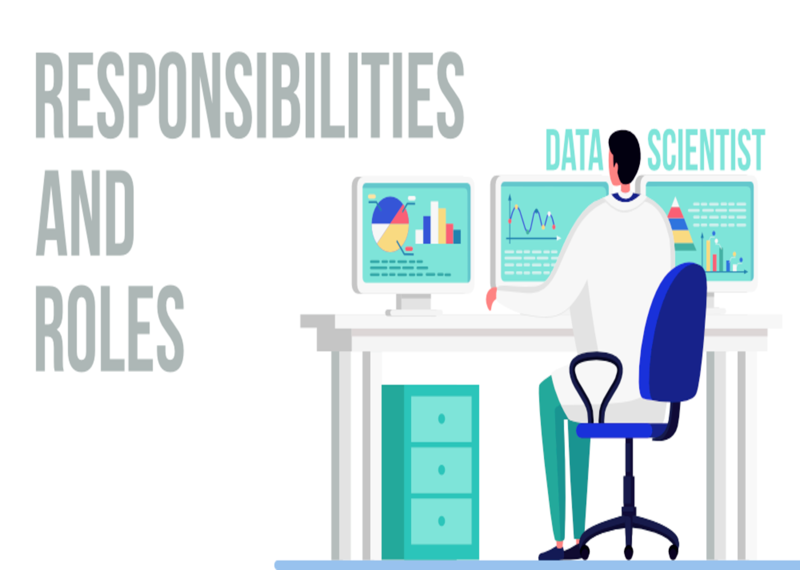The role of data scientist

Data scientists use their expertise in different data disciplines to help companies interpret and manage data and solve complex problems. They typically have a background in IT, modelling, statistics, analytics and mathematics - combined with a strong business acumen. It is the combination of esoteric intelligence and practical knowledge that makes a data scientist so valuable to a company.
Role of a data scientist
The Harvard Business Review has called data science "the sexiest job of the 21st century", and every business from startups to well-established Fortune 500 companies is trying to fill these positions with the best and brightest.
"Start-ups are producing so much data that recruitment has increased dramatically. The salaries are rising for data scientists who can work closely with developers to deliver value to end users," says Neil Wittensleger, technical recruiting manager at Robert Walters in New York.
The role of big data
The role of data scientists is becoming increasingly important even for traditional organisations that have not previously invested much of their budgets in technology positions. Big data is changing the way old-fashioned organisations do business and manage marketing, and the data scientist is at the heart of this transformation.
Thanks to a plethora of new software across the spectrum of business management, from marketing to HR to financial forecasting to R&D, accessing and deciphering big data has never been easier, making it a smart move for organisations to hire the people who can access and decipher it.
Basic data science skills
Data scientists are often experts in software such as Hadoop, Pig, Python and Java. Their work may focus on data management, analytical modelling and business analytics. As they usually specialise in a narrow niche of data science, data scientists often work in teams within a company.
In terms of credentials, it is not uncommon for data scientist candidates to have a PhD degree. In addition to credentials, they are expected to have expertise in professional skills such as communication, leadership, collaboration, creativity, discipline and a passion for the truth of information.
Data scientists can make a real difference within an organisation, providing insights that can illuminate a company's trajectory towards its ultimate business goals. Data scientists are integral to supporting both leaders and developers in creating better products and paradigms. And as their role in large companies becomes increasingly important, there is a growing shortage of them.
